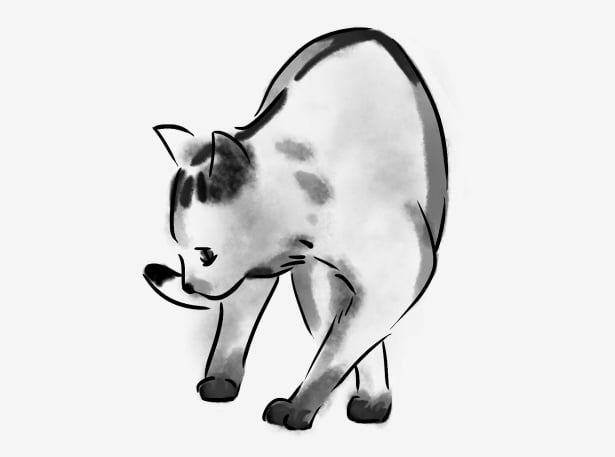If your cat is pacing and you have asked Dr Google, “Why is my cat pacing”, I can provide four reasons. There may be others.

Diseases affecting the largest part of the cat’s brain, the cerebellum, affect voluntary actions, learned behavior and personality. A cat may start pacing, become aggressive, circle, become irritable and go to the toilet outside the litter box.
Strokes – cerebral haemorrhages – can cause a cat to pace. This would be a residual symptom of a stroke after more immediate signs including: spasms of the face and limbs, paralysis, blindness and a lack of coordination. The cause of a feline stroke is often unknown.
A third possible cause for feline pacing is dementia or cognitive dysfunction syndrome. Some elderly cats with dementia will pace. They might also forget certain behaviours which were routine beforehand such as using the litter tray. They might cry and walk around at night.
A fourth possibility is anxiety brought on by hyperthyroidism (overactive thyroid) causing hyperactivity and anxiety.
P.S. Captive wild cats pace in zoos but this is a coping mechanism due to being confined unnaturally and severely. It is not a health issue although being closely confined can cause mental health issues in cats in my view.
Sources: Myself and Cat Owner’s Home Veterinary Handbook.

